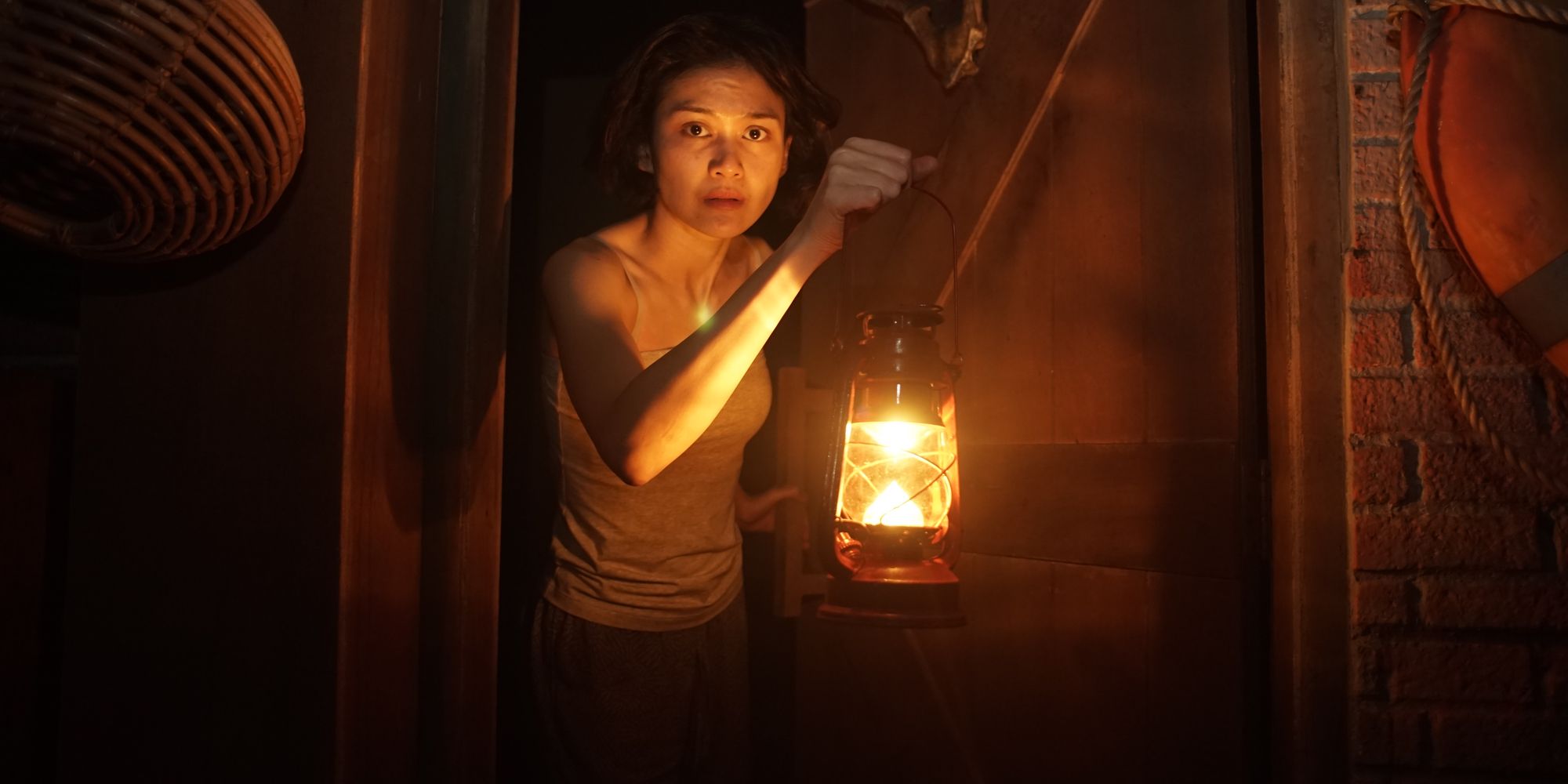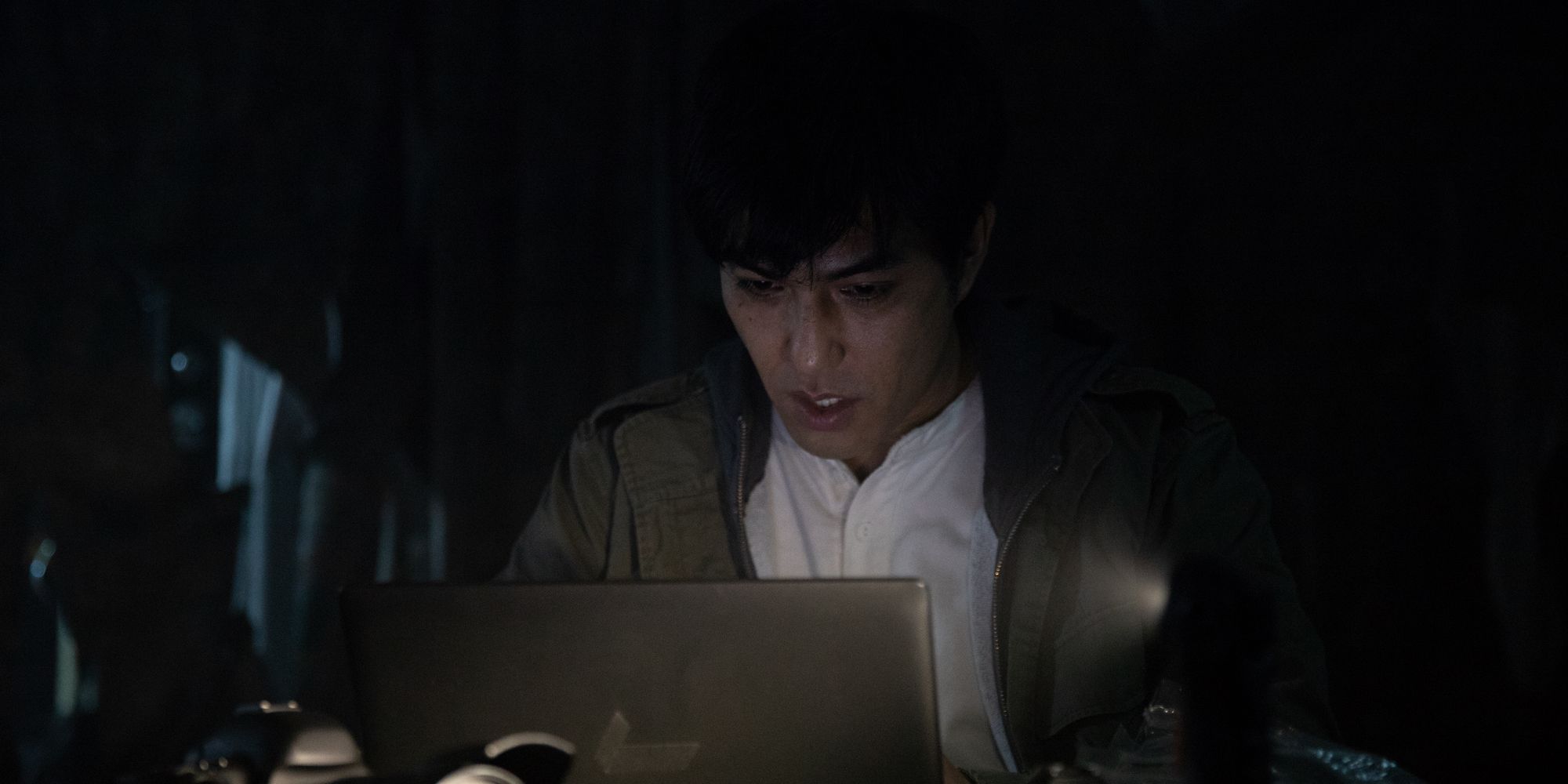When it comes to the anthology format, horror seems like a surefire way to get a project green lit. From Twilight Zone to American Horror Story to the technological nightmares of Black Mirror, it seems that short and to the point works best when the series in question is also trying to scare or, at the very least, unnerve its audience. That is certainly the conceit behind HBO Asia’s newest export, Folklore, which brings six unique horror stories from as many Asian countries (Indonesia, Japan, Korea, Malaysia, Singapore, and Thailand) adapting tales from each country’s own cultural myths and legends.
The upshot is a fascinating and sometimes exciting cultural exploration that delivers a surprising amount of variety with regard to the techniques used as far as storytelling, structure, and filmmaking are concerned. The downside is that though Folklore offers plenty in terms of cultural and thematic variation, as well as in scope and ambition, the quality of each hour-long episode can also vary dramatically, from the overly facile ‘A Mother’s Love’ to the nearly wordless, nearly successful ‘Tatami.’
More: The ABC Murders Review: John Malkovich Offers A Darker Take On Hercule Poirot
There are six stories in all, with ‘Nobody,’ ‘Pob,’ ‘Toyol,’ and ‘Mongdal’ joining the two mentioned above, with different creative teams handling the writing and directing of each. The stories all have some supernatural angle to them in one way or another. Sometimes it’s overt, like in ‘A Mother’s Love,’ which follows an underemployed single mother and her young son, as they’re haunted by a vengeful spirit called a Wewe Gombel, after discovering an attic full of abducted children. Soon after, the woman begins to be haunted by apparitions of the missing children, and even begins to believe her own son is in some way tangled up in the mythology of the Wewe. The episode goes out of its way to pull one twist and then another on the audience, both of which are delivered in the final 15 minutes, making the nearly hour-long runtime a lot of buildup for a quick, not entirely satisfying payoff.
While ‘A Mother’s Love’ adopts many of the tried and true tropes of films like The Conjuring and Insidious (basically anything in the James Wan horror film-verse), ‘Tatami,’ a Japanese horror story from director Takumi Saitoh, blends the present-day obsession over true-crime stories with a supernatural deus ex machina that undoes all of the work the episode has done up to that point. What’s striking about ‘Tatami’ is how drastically it differs from the almost paint-by-numbers approach to horror storytelling employed by ‘A Mother’s Love.’ Not a single word is spoken in the first 15 minutes, as the episode’s main character Makoto Kishi (Kazuki Kitamura) investigates the site of a horrific, seemingly ritualistic family slaying. The effect is unnerving and suggests that Saitoh is aiming to do something unique with his portion of the anthology. That the initial silence is revealed to be on account of the main character being hearing impaired makes for a compelling pivot for the story to take, one that really allows the audience to inhabit the character’s perspective in those opening moments. Unfortunately, the episode quickly devolves in such a way as to no longer be Makoto’s story, but rather his mother’s, as the bloody truth about his past is revealed in a disappointing info dump.
The remaining episodes move by in similar fashion, each one employing one or more common horror tropes, like vengeful spirits who pull the guts of various men out, or a psychopathic teen’s bizarre relationship with his mother. Each one begins promisingly, for the most part, but then falters when it comes time to tie up its various thematic elements with the storytelling ambitions. Too often, these episodes struggle to incorporate the mythology or folklore aspect into the story itself, and, as a result, the element that’s meant to the the series’ raison d’être feels more like a writing prompt in a short story workshop than the basis for an hour-long episode of television. Add to that the sense that each episode could be roughly half an hour long instead of an hour, and it’s clear that while Folklore is appealing as an opportunity to experience the stories and filmmaking styles of different countries and cultures, it’s likely not going to haunt hardcore horror fans in the way it was intended.
Next: Russian Doll Review: A Clever, Darkly Funny Riff On A Familiar Scenario
Folklore is currently streaming on HBO Go and HBO Now.


